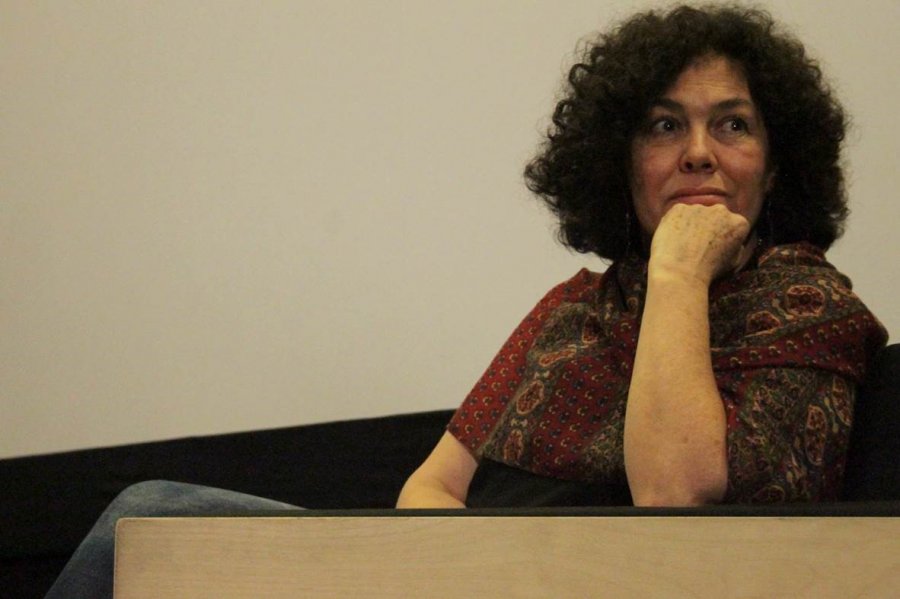Noticias
Talks about French cinema
Director Georges Franju´s psychological horror surprised at Cineteca Nacional·
September 20, 2016The National Film Archives exhibited before a stunned audience one of the French filmmaker and film archivist Georges Franju’s greatest films, who explored new horizons through his disturbing work within the horror genre.
“This is a different terror, whose origin is internal, coming from the anguish and uncertainty of oneself”, writer and poet Maria Baranda said when participating in Talks about French cinema, held on Monday, September 19th in the room 4, Arcady Boytler.
The series is organized by the National Coordination of the INBA Literature, the Department of Literature at the UNAM and the National Film Archives and is held every Monday taking great works of French literature that have been adapted to film. On this occasion, Eyes Without a Face (Les yeux sans visage, 1959), was discussed by the Mexican writer.
During the conversation with the audience, the poet defined the film not as a horror one but "anguish" film by clarifying that "it is an internal terror, it is not the one where the characters scream, but the images do ".
The film takes us to Paris, where a brilliant and crazy surgeon (Pierre Brasseur), helped by his perverse secretary (Alida Valli), kidnaps girls in order to use their skin to reconstruct his daughter’s face (Edith Scob), shattered by a tragic accident that he feels responsible.
"This anxiety has to do with the loss of identity, which has also been worked in literature and is so well expressed by the director. This work allows us to feel a state of inner terror of the big question: Who am I?”, she said.
Eyes Without a Face represents the film adaptation of Jean Redon’s novel at the hands of Franju, who Baranda praised the "poetic thought" to reflect on its images a so powerful metaphor related to the very existence of man, that the public can interpret freely and it was described as "too violent" or "sickening" at the time.
Maria Baranda invited the public to reflect on the film, comparing it with Psycho (Alfred Hitchcock, 1960). She emphasized that both productions are contemporary, they share certain features within its thematic and even the hints of suspense and violence are similar.
However, the French film was subject of criticism and was on the verge of censorship for a long time, until it finally gained some recognition in the eighties, shortly before its director’s death.
In a climate of introspection, the attendees continued to dialogue with the analyst and shared their interpretations of the film and its symbolisms, as the constant use of mirrors in various scenes and director’s emphasis on the expressive eyes of his characters.
Eyes Without a Face "led me to a reflection about identity, about what is to be beyond what is seen; if we lose the face, eyes or something that we feel that we recognize ourselves. Is that really the identity?” She asked.
The season of Talks about French cinema will run until next Monday, September 26th, at 18:00 pm, with the projection of Elevator to the Gallows (Ascenseur pour l'échafaud, Louis Malle, 1957), commented by Ana Garcia Bergua. Admission is free by requesting at the box office 5 of the Cineteca Nacional.
Mexico,Distrito Federal
